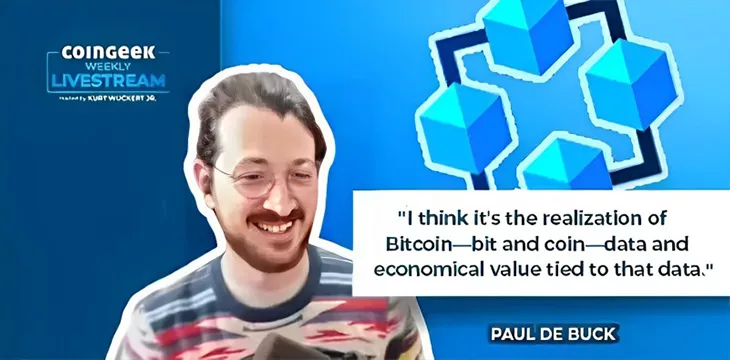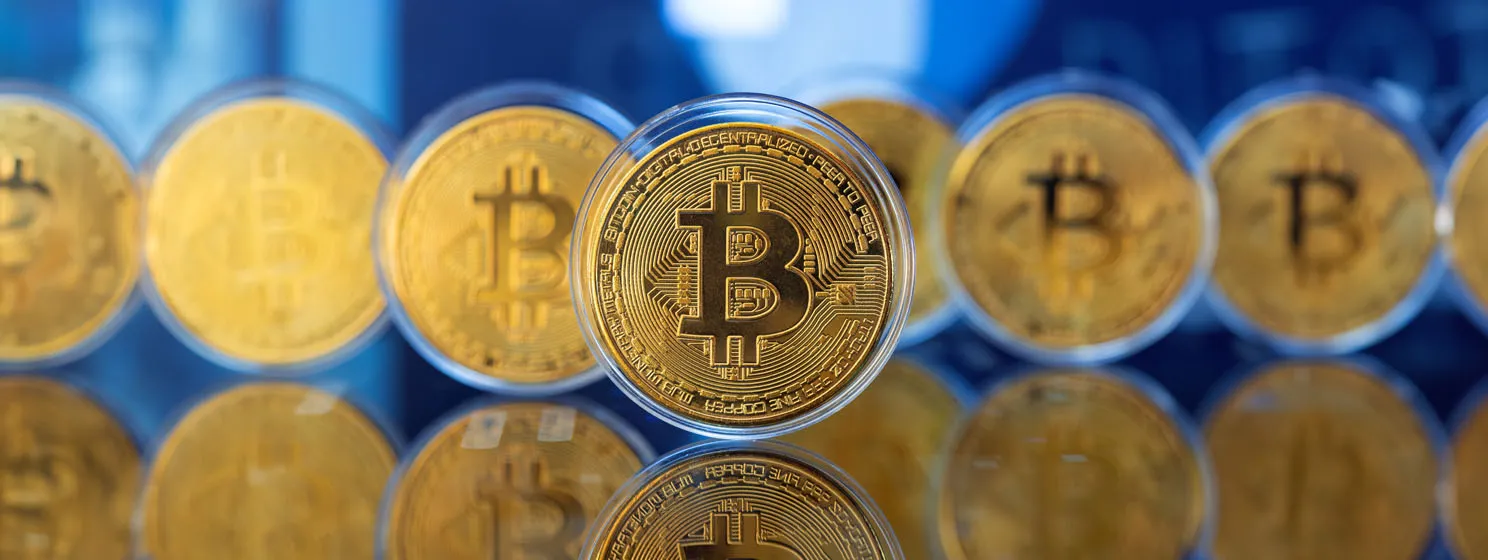|
Getting your Trinity Audio player ready...
|
On episode 43 of the CoinGeek Weekly Livestream, Kurt Wuckert Jr. hosted MyBanka Founder and CEO Paul De Buck. The entrepreneur discussed his new wearable non-fungible token (NFT) collection and how it works on the BSV blockchain.
Wuckert’s latest CoinGeek article
Wuckert has started publishing weekly articles on CoinGeek so he can talk about them on the livestream. His latest article was titled BTC sandcastles and the next civil war.
In short, the article focuses on the history of BTC soft forks and the problems they have caused. Wuckert likens it to spreading bubblegum and hoping it holds everything together. He exposes Replace-By-Fee (RBF), SegWit, and Taproot, among other things, and how they have utterly failed.
BTC Core now has a vendetta against Ordinals, Wuckert says. The tight-knit group of developers feel they have a right to dictate what is acceptable on Bitcoin, and they consider Ordinals an attack. They’ve even gone as far as trying to have inscriptions characterized as a cyberattack and have reported them as such to authorities. He believes this will cause the next BTC civil war.
Wuckert rightly wonders what the BlackRock due diligence people must be thinking as they watch all of this unfold. Surely, the bickering and potential fallout will cause them to reconsider whether the BTC spot ETF is safe enough to proceed with.
MyBanka’s first NFTs
De Buck is the Founder and CEO of MyBanka, a BSV wallet that integrates with more than 200 European banks. He says one of the best ways to showcase technical things is to bring art into the equation.
De Buck and his team have been building MyBanka for two years. So far, they’ve been focused on banking, but they’re now getting into NFTs. Specifically, they’re selling hoodies, t-shirts, and mugs that “make for the perfect Christmas gift,” he says.
The MyBanka team minted 999 1Sat Ordinals, each with a unique QR code. When you buy one, you get the item with a QR code on it. These are real items linked to NFTs on the BSV blockchain. These can be found at Christmasdoggies.com.
How does it work? When someone receives a package with their items in it, an NFT gets minted. They then receive an email showing them how to redeem it with a MyBanka wallet.
As the NFTs live on the BSV blockchain, ownership changes and transfers between wallets can be easily tracked. Once the owner receives the NFT to their MyBanka paymail address, they can do whatever they want with it: keep it, sell it, exchange it, or gift it.
To ensure they’re authentic NFTs, it’s necessary to trace them back to Genesis. Indexers like JungleBus can help with this.
Livestream viewer questions
Wuckert then takes questions from the CoinGeek Weekly Livestream viewers. He and De Buck answer these between them.
Q. If art is subjective, can a token itself be considered art?
Wuckert thinks it can when talking about Ordinals. The data is on-chain and bundles up with the token itself. This data can even be aesthetically pleasing. De Buck agrees, likening it to pressing images onto pennies.
Wuckert then explains the difference between Colored coins and Ordinals. Colored coins is a generic term, whereas Ordinals is a specific implementation.
Q. What is Bamboo?
Wuckert explains that it’s a fungible token and an extension of 1sat Ordinals. It’s a Lock-to-Mint token, and he doesn’t know what utility it will have or what Panda Wallet intends to do with it.
Q. Why do we need a stablecoin on BSV?
Wuckert answers that people still think in terms of fiat currencies. Existing stablecoins like USDT and USDC combine the worst elements of central banking and corporatism. Recent work by Xiaohui Liu has made it possible to build functional exchanges on BitcoinSV, but we need dollars for trade to really take off.
To learn more about locking coins, what Ordinals are actually good for, why Lukedashjr views them as a threat, and more, check out the livestream via the link at the top of this page!
Watch: Josh Petty and David Gerard: NFTS – New opportunity or crypto scam

 07-02-2025
07-02-2025 





